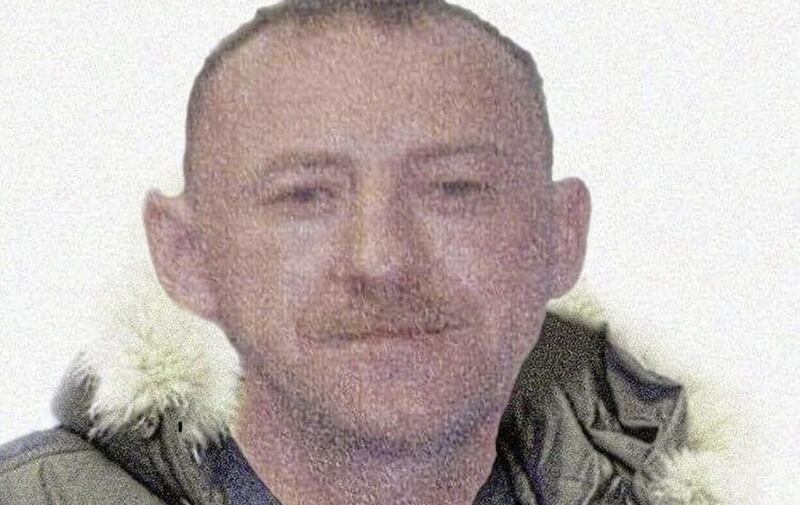A man jailed for murdering a mother-of-three in west Belfast is attempting to discredit forensic evidence as part of a legal bid to overturn his conviction.
Lawyers for Raymond O’Neill will be writing to a regulatory body to question the accreditation of an expert who testified at his trial for killing Jennifer Dornan.
Details emerged as his appeal was listed for a new hearing in May.
O’Neill, 47, is serving a minimum 22-year sentence for stabbing Ms Dornan to death and then setting fire to her home in August 2015.
The fatal knife attack was launched after the 30-year-old victim was followed back to the house at Hazel View in the Lagmore area.
O’Neill denied killing Ms Dornan and claimed that he suffered from memory loss due to being poisoned by prison staff in Dublin.
But in 2022 he was unanimously convicted of murder and arson at Belfast Crown Court.

Jurors were shown CCTV footage of Ms Dornan walking home, and a man climbing over a fence to enter the property a short time later.
The prosecution successfully argued O’Neill was that intruder.
His legal team have now prepared a series of grounds for the attempt to get the murder conviction quashed.
Martin O’Rourke KC told the Court of Appeal on Wednesday that an expert from a forensic service company who testified at a separate trial in Belfast did not have the proper accreditation.
He confirmed plans to send a letter to the Forensic Science Regulator (FSR), seeking clarification about the status of another representative from the same firm who appeared as a prosecution witness against O’Neill.
The barrister also questioned a method put to the jury to back the case that the person identified in evidence was his client.
“It seems to us that the matter runs deeper than personal credibility, it goes fundamentally to the admissibility of this type of evidence,” Mr O’Rourke submitted.
“We propose to write to the Forensic Science Regulator, asking it about the matters that emerged from the evidence.”
He added: “None of this was argued in the trial because we weren’t aware of it.”
Based on the FSR’s remit only covering England and Wales, prosecution counsel David McDowell KC predicted that the body will not comment on any potential breach of the code in Northern Ireland.
Lady Chief Chief Dame Siobhan Keegan urged both sides to ensure no further delays in dealing with the appeal.
Listing the case for a two-day hearing in May, she said: “I’m not happy about the lack of progress. We need to get on with this.”



